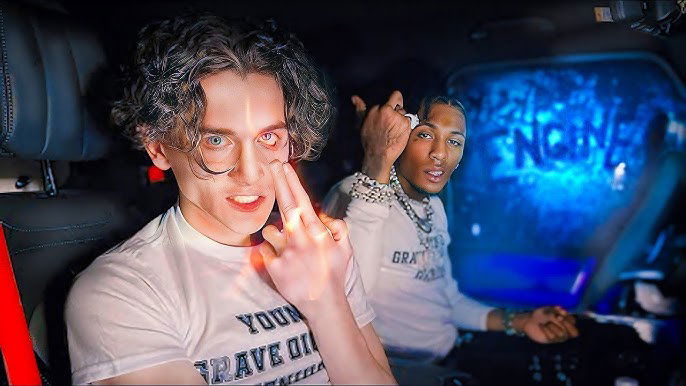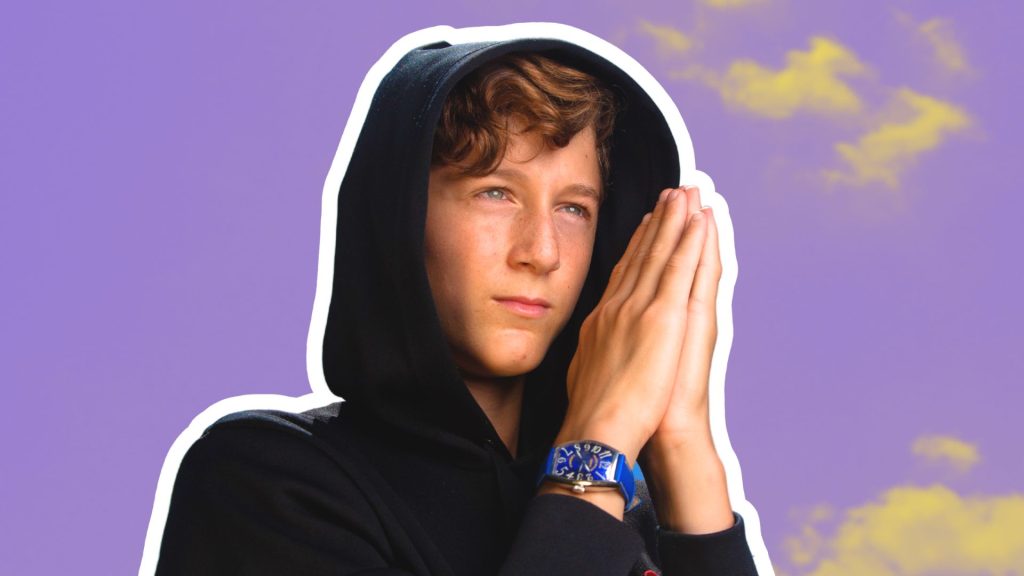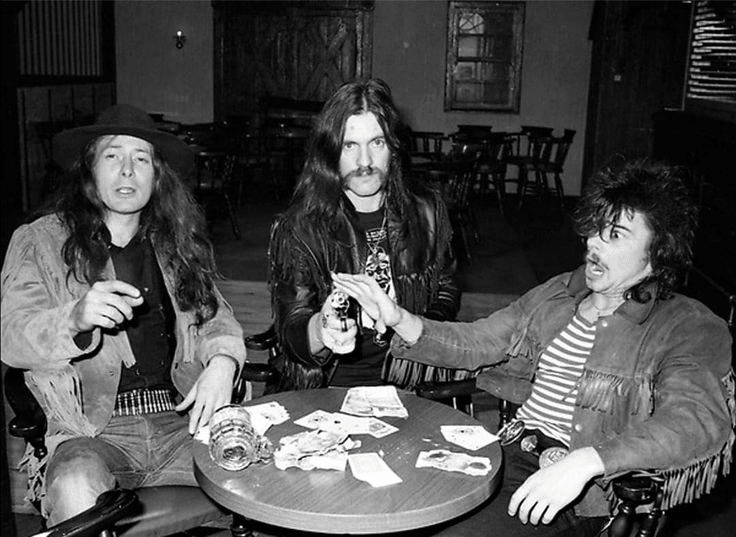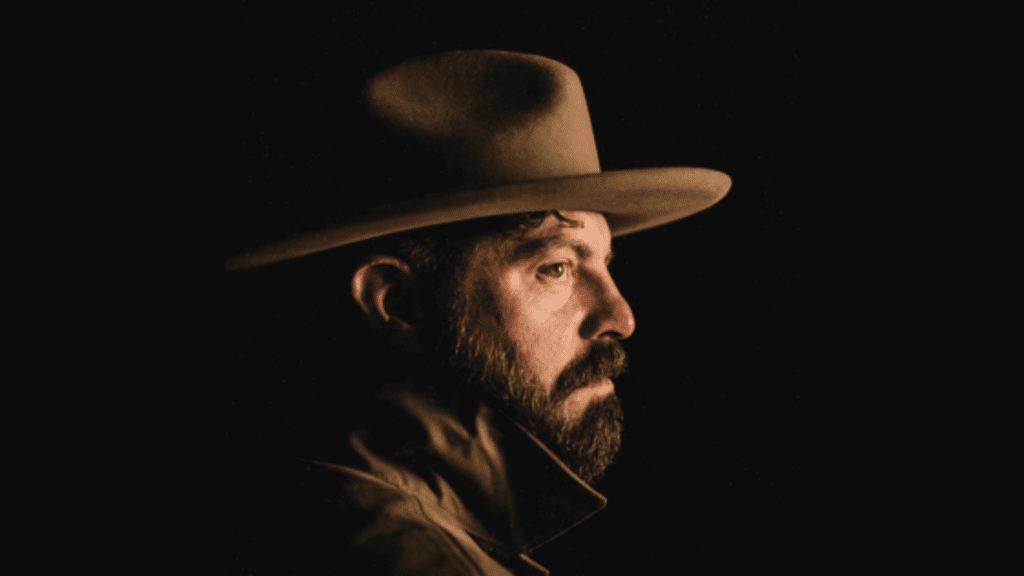In this blog post, we’ll explore the inspiring journey of Lil Mabu, a young rapper who has quickly risen to prominence in the music industry.
From his early days in New York City to his viral hits and impactful collaborations, Mabu’s story is one of talent, resilience, and unique artistry.
Join us as we examine his life and career, exploring the factors that have propelled him to the forefront of the rap scene.
Stay tuned to find out Lil Mabu’s milestones, challenges, and prospects, and see what makes him among the most exciting new artists today.
Early Life and Background

Born on April 4, 2005, in Manhattan, New York, Lil Mabu, whose real name is Matthew Peter DeLuca, grew up in a well-off family on the Upper East Side.
Despite his access to elite education and resources, Mabu’s childhood was marked by the emotional turmoil of his parents’ divorce in 2006, which led to a prolonged legal battle.
Raised primarily by his mother, Jane, in a $12 million family property, Mabu found solace in music, which served as a creative outlet and a means to cope with family challenges.
Attending the prestigious Collegiate School in Manhattan, Mabu excelled academically while balancing his growing passion for music.
By age 14, he had already begun releasing music professionally, showcasing a unique blend of classic and modern hip-hop sounds that set him apart from his peers.
Musical Beginnings
Lil Mabu’s interest in music was sparked at a young age, influenced by his culturally rich surroundings in New York City and his family’s appreciation for music.
He found himself drawn to the beats of classic 90s hip-hop while also keeping an ear out for contemporary artists pushing the genre’s boundaries.
This blend of old and new styles resonated with him, providing an emotional outlet during challenging family times.
By age 14, Mabu had already begun turning his passion into a budding career.
He experimented with music production and honed his writing skills, dedicating significant time to his craft despite the demands of his academic life at the Collegiate School.
His debut professional track, released at 14, marked his official entry into the industry, showcasing his early promise and dedication.
Mabu’s initial releases, such as “Move It” and “Demon Time,” set him apart by blending the soulful beats of classic 90s hip-hop with modern, innovative sounds.
His distinctive style and lyrical depth resonated with a wide audience, helping him build a growing fanbase through social media and music platforms.
Rise to Fame
Lil Mabu’s initial breakthrough came in 2020 with the release of his song “Miss Me.”
The track gained traction on YouTube, accumulating 300,000 views and helping him gain early recognition in the rap community.
This success showcased his potential and set the stage for his future achievements.
Mabu followed up with several key milestones in his career.
In 2021, he released the track “Demon Time,” which garnered millions of views and listens, further cementing his growing popularity.
However, his 2023 release, “Mathematical Disrespect,” became a viral hit, significantly boosting his fame.
Both songs demonstrated his ability to blend humor, clever wordplay, and aggressive beats, resonating with a broad audience.
Collaborations with well-known artists have also played a crucial role in Mabu’s rise to fame.
In 2022, he worked with Dusty Locane on the track “No Snitching,” which expanded his reach and credibility within the hip-hop community.
His collaboration with New York Drill rapper DD Osama on the song “Throw” trended on YouTube, further solidifying his place as an emerging star.
Educational Pursuits
Lil Mabu has balanced his education with his thriving music career, demonstrating remarkable dedication and time management skills.
Despite the challenges of juggling school and his budding success in the rap scene, Mabu has employed various strategies to ensure he excels in both areas.
From prioritizing tasks to making the most of his time in the studio and the classroom, he has successfully navigated the demands of his academic and artistic pursuits.
After graduating from the prestigious Collegiate School in Manhattan in 2023, Mabu decided to continue his education at Emory University.
This choice reflects his commitment to personal growth and development beyond his music career.
At Emory, Mabu has focused on his studies and achieved notable academic accomplishments, showcasing his intellectual prowess and musical talents.
Social Media Influence

Lil Mabu has a significant presence on social media platforms like Instagram and Twitter, boasting millions of followers.
He regularly shares content, including music updates, behind-the-scenes glimpses, and personal moments, keeping his fans engaged and connected to his journey.
His posts often showcase his unique style and personality, further solidifying his brand.
Mabu’s interaction with his followers is a key aspect of his social media strategy.
He frequently responds to comments, participates in direct messages, and hosts live sessions, fostering a strong sense of community among his fans.
This engagement has played a crucial role in his rise to fame, allowing him to promote his music, share viral moments, and connect with his audience personally.
Social media has been instrumental in Lil Mabu’s career growth and popularity.
By leveraging these platforms to showcase his talent, personality, and authenticity, he has attracted a dedicated fanbase and expanded his reach beyond traditional music promotion channels.
His successful social media campaigns and viral moments have contributed significantly to his overall success, cementing his status as an influential figure in the rap scene.
Net Worth and Financial Success

At just 19 years old, Lil Mabu has amassed a considerable net worth of $3.3 million, a testament to his rapid wealth accumulation since his career began.
This impressive financial achievement results from his successful music career and ability to capitalize on various income streams.
From major milestones like the release of his debut album to the consistent growth of his fanbase, Mabu’s financial success has been a significant aspect of his rise to fame.
Mabu’s main sources of income include revenue from his music career and his strong presence on YouTube.
His album sales, streaming numbers, and live performances have contributed significantly to his earnings while monetizing his music videos through views and ads, providing a steady flow of income.
Achieving such remarkable financial success at a young age is a rare feat, and it has profoundly impacted Lil Mabu’s career and personal life.
His financial stability has allowed him to focus on his artistic growth, invest in his future, and seize new opportunities.
Moreover, his success inspires aspiring artists and young entrepreneurs, demonstrating that it is possible to achieve significant financial milestones early in one’s career with talent, hard work, and strategic decision-making.
As Lil Mabu continues to evolve and grow, his financial success will undoubtedly play a crucial role in shaping his future endeavors and personal development.
Collaborations and Co-Signs

Throughout his career, Lil Mabu has collaborated with a diverse range of artists, including PnB Rock, Ej Banks, Howiee OO, Chrisean Rock, ZayBinSteppin, Kay Flock, Dougie B, DThang, DD Osama, and more.
These collaborations have expanded his musical horizons and reinforced his position as a versatile and respected artist in the industry.
Notable tracks like “No Snitching” with Dusty Locane and “Throw” with DD Osama have been particularly successful, garnering significant attention and praise from fans and critics alike.
These partnerships have been crucial in expanding Lil Mabu’s reach and audience.
He has tapped into their fanbase by working with established artists and introducing his music to a wider demographic.
Moreover, the co-signs from respected figures in the hip-hop community have enhanced his credibility, solidifying his status as a rising star in the rap scene.
The impact of these collaborations extends beyond just numbers and popularity.
Working with artists from different backgrounds and subgenres has allowed him to experiment with new sounds, lyrical techniques, and creative approaches.
These experiences have contributed to his growth as an artist, helping him refine his craft and develop a more diverse skill set.
Independent Career
One of the most notable aspects of Lil Mabu’s career is his decision to remain independent from major record labels.
Despite his growing success and popularity, he has chosen to release his music without the backing of a traditional label.
This choice reflects his commitment to maintaining creative control over his work and staying true to his artistic vision.
By remaining independent, Mabu enjoys several advantages, such as complete creative freedom, direct financial benefits from his music sales and streams, and the ability to engage with his fans on a more personal level.
He has the final say in all aspects of his music production, promotion, and distribution, ensuring his authentic voice and style are never compromised.
However, this path also comes with its own set of challenges.
As an independent artist, Mabu must rely on limited resources and shoulder the responsibilities of self-promotion and marketing.
Without the backing of a major label, he has to work harder to get his music heard and to build his brand.
Future Prospects
Given his trajectory and recent achievements, Lil Mabu’s potential for continued success in the music industry is undeniable.
His unique style, growing fanbase, and ability to adapt to industry trends position him as a force to be reckoned with in the future of hip-hop.
As he continues to hone his craft and explore new creative avenues, Mabu seems poised to make a lasting impact on the genre.
Fans and industry insiders eagerly anticipate Lil Mabu’s upcoming projects and goals.
With rumors of new releases and potential collaborations, he maintains a steady buzz and keeps his audience engaged.
While specific details remain under wraps, it’s clear that Mabu is focused on pushing his artistic boundaries and achieving new milestones shortly.
Looking ahead, Lil Mabu’s long-term vision for his career is ambitious and far-reaching.
He aspires to sustain his success and leave a lasting legacy in the music industry.
As he evolves his sound and style over the next decade and beyond, Mabu aims to influence hip-hop direction and inspire future artists.
By staying true to his roots while embracing innovation, he seeks to create a body of work that will stand the test of time and cement his status as a legendary figure in the rap scene.
Conclusion
Lil Mabu’s inspiring journey from a privileged yet complex childhood to becoming one of the most promising young artists in the rap scene is a testament to his talent, resilience, and dedication.
Despite his challenges, Mabu has managed to carve out a unique space in the industry, blending classic and contemporary sounds while staying true to his roots.
As he continues to grow as an artist and individual, balancing his music career with his educational pursuits, Lil Mabu’s star will undoubtedly continue to rise.
With his undeniable talent, strong work ethic, and ability to connect with audiences, the future looks bright for this young rapper.
Frequently Asked Questions
How Did Lil Mabu Become Famous?
Lil Mabu gained fame through his unique blend of classic and modern hip-hop sounds, viral music videos, and successful collaborations with established artists.
When Did Lil Mabu Start Rapping Age?
At a young age, Lil Mabu began experimenting with music production and writing lyrics, releasing his first professional track at 14.
Where Did Lil Mabu Go to School?
Lil Mabu attended the prestigious Collegiate School in Manhattan before enrolling at Emory University to continue his education alongside his music career.
Who Popularized Lil?
Artists such as Lil Wayne, Lil Jon, and Lil Kim popularized the use of “Lil” as a prefix for rapper names in the late 1990s and early 2000s.




















